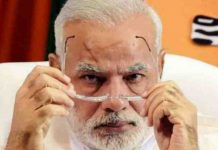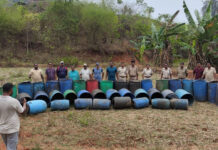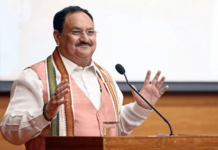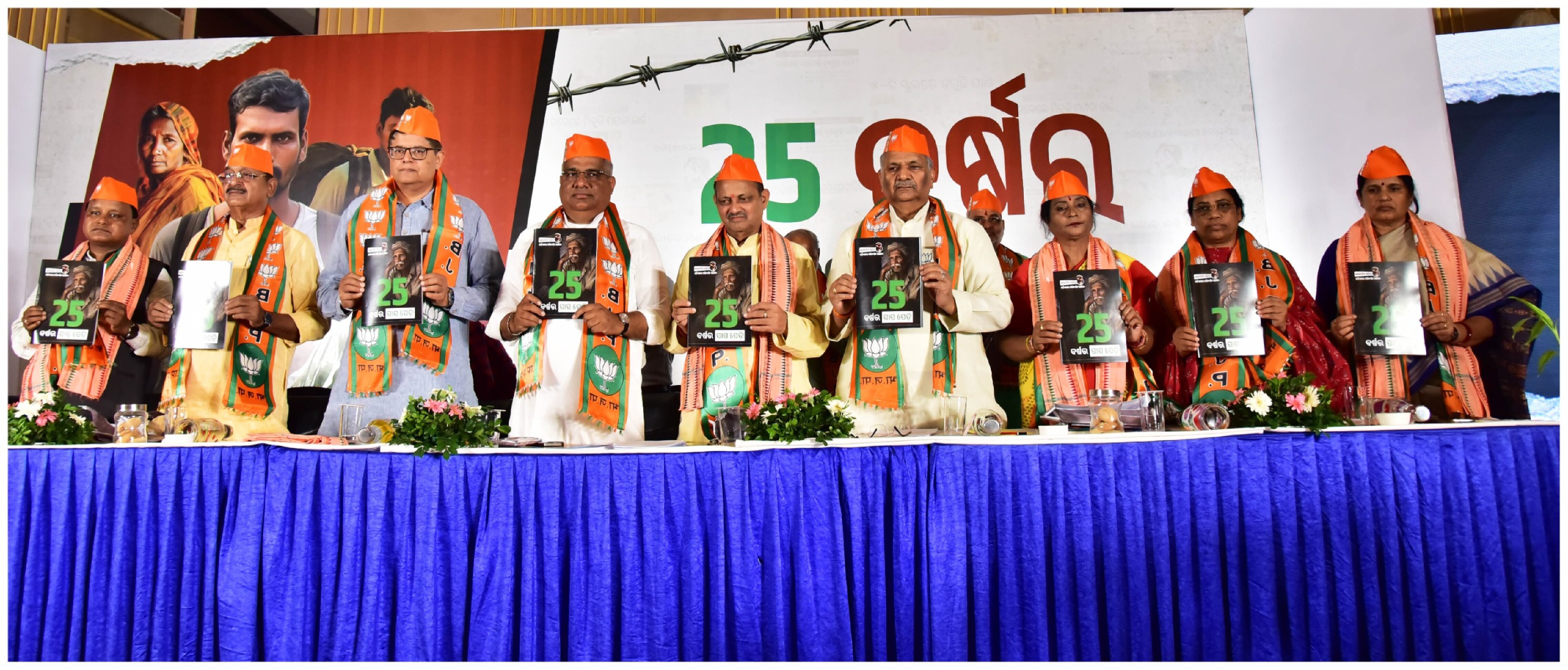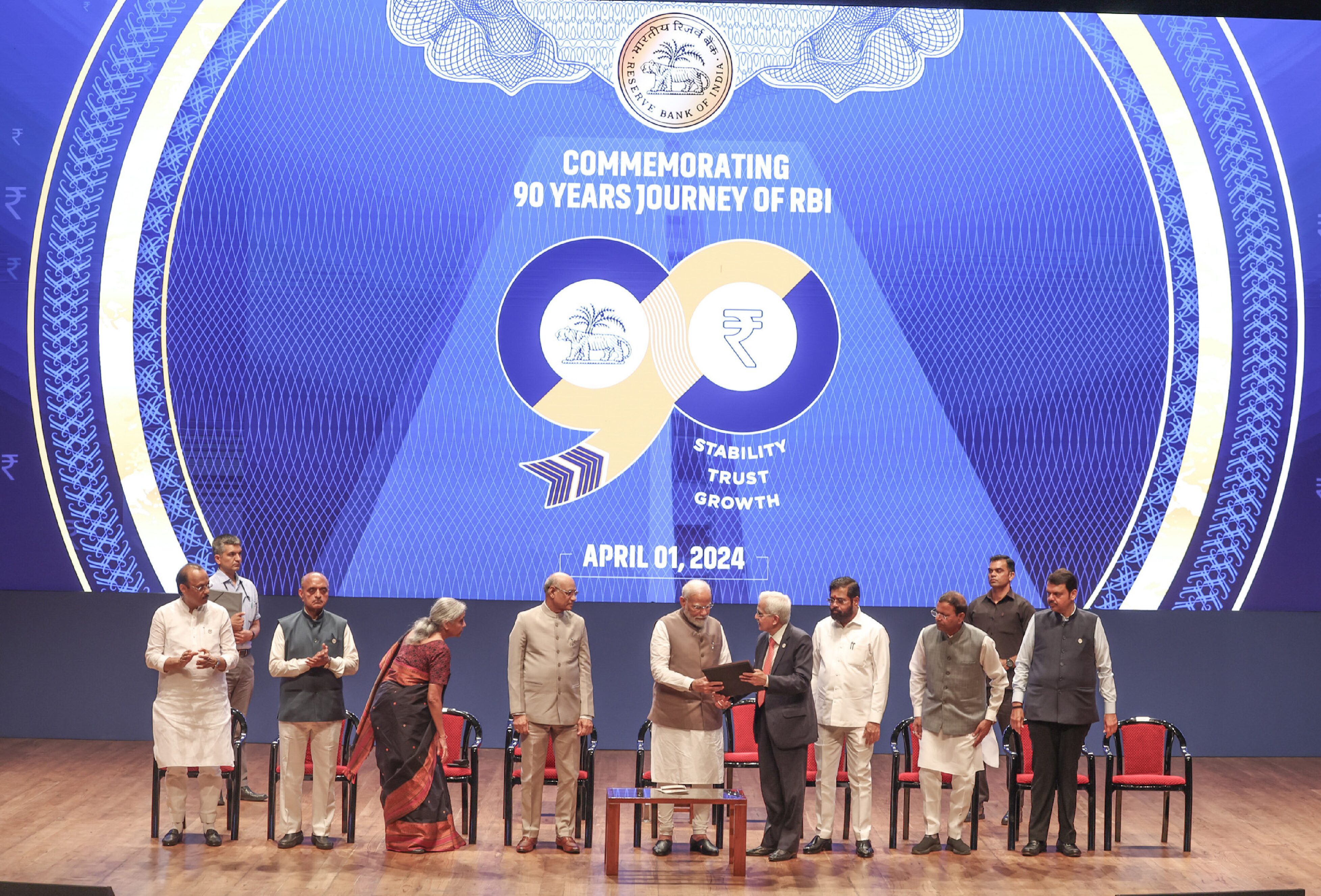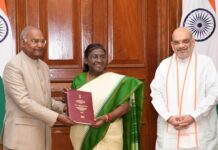
Last full-fledged budget before the 2019 general elections and ahead of the eight state elections to be held this year.Pro-farmer announcement raising the minimum support price to 1.5 times the production cost for Kharif crops.“World’s largest government-funded healthcare scheme” to cover 10 crore poor families.
With an eye to elections finance minister, Arun Jaitley has presented a budget with focus on farmers and the rural poor. Equal importance in budget has also been given to boosting jobs and incentivising private investment.This would be Modi-led government’s last full-fledged budget before the 2019 general elections and ahead of the eight state elections to be held this year. Aware of the grievances of farmers and realising that they are a key vote-bank Jaitley has made a raft of pro-farmer announcements, raising the minimum support price to 1.5 times the production cost for Kharif crops, a key demand of farmers. Another key area of budget was health with Jaitley announcing what he called the world’s largest government-funded healthcare scheme to cover 10 crore poor families.
The flagship National Health Protection Scheme announced by the minister will cover 10 crore poor and vulnerable families in the country or about 50 crore beneficiaries, with a cover of 5 lakh per family per year for secondary and tertiary care hospitalisation. The plan was soon dubbed “NaMoCare” by BJP president Amit Shah and “Modi-care” by many online.
Once again with poor in mind he announced that eight crore free gas connections will be given to poor women.
The finance minister, significantly, has made no changes in income tax slabs for individuals this year. But all salaried people will get a standard deduction of Rs. 40,000 on their income in lieu of medical and transport reimbursements. The current tax-free limit for medical expense reimbursement is set at 15,000 per annum and transport allowance exemption of Rs. 1,600 per month.
The finance minister increased cess on personal income tax and corporate tax to 4 per cent from present 3 per cent. “… at present there is a three per cent cess on personal income tax and corporation tax consisting of two per cent cess for primary education and one per cent cess for secondary and higher education. In order to take care of the needs of education and health of BPL and rural families, I have announced programs…,” Jaitley said.
“To fund this, I propose to increase the cess by one per cent. The existing three per cent education cess will be replaced by a four per cent health and education cess to be levied on the tax payable. This will enable us to collect an estimated additional amount of Rs.11,000 crore.”
He announced a new 10% long-term capital gains tax on gains exceeding Rs. 1 lakh from investment in equities and equity mutual funds. In another key announcement, Mr Jaitley said that the government will contribute 12% in the Employee’s Provident Fund for three years for new employees.
The Corporate tax rate for companies with up to Rs. 250 crore turnover has been reduced to 25% from 30%, Mr Jaitley announced which is significant.
Jaitley also announced a slew of tax deductions for senior citizens with extending the Pradhan Mantri Vaya Vandana Yojana (PMVVY) till March 2020.”In addition to tax concessions, I propose to extend the Pradhan Mantri Vaya Vandana Yojana up to March, 2020 under which an assured return of 8 per cent is given by Life Insurance Corporation of India,” Jaitley stated. The existing limit on investment of Rs 7.5 lakh per senior citizen under this scheme is also being doubled to Rs 15 lakh, he added.
Prime Minister Narendra Modi, who was seen thumping his table as Jaitley spoke in Parliament, congratulated the finance minister saying the budget was farmer-friendly and common citizen friendly, business environment friendly and development friendly. “It will add to the ease of living,” he said.







